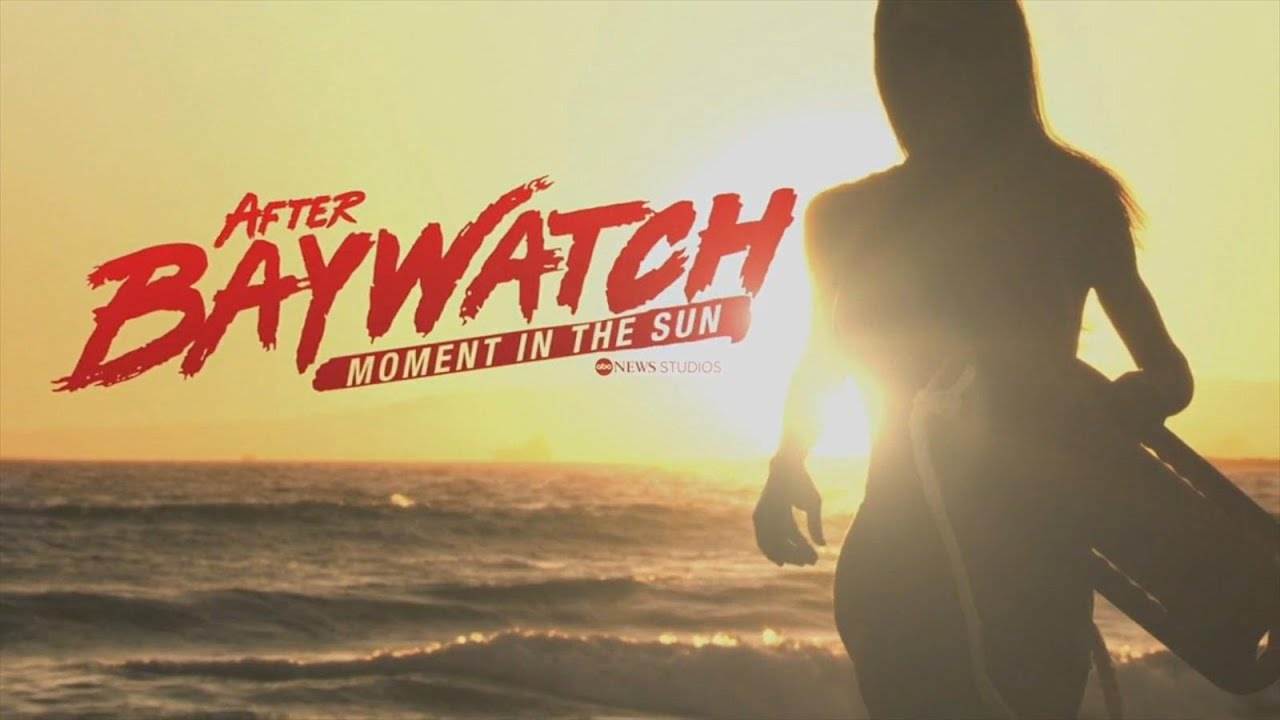Review: Hulu’s “After Baywatch: Moment In The Sun” Looks At The Television Juggernaut (Until It Doesn’t)
A key part of my upbringing was watching The E! True Hollywood Story. These behind-the-scenes looks at celebrities, television, and film were a peak behind the curtain for a kid like me who wanted to be immersed in pop culture. From there, I entered the world of “talking head TV," like VH1’s Best Week Ever and I Love the 70s. I was desperate to know anything and everything about film, television, and whatever was a part of the cultural zeitgeist.
In the streaming age, these went the way of Quibi and died off. No longer do viewers have interest in watching people talk about pop culture in comedic or “academic" ways. If they do get made, sans Quiet on the Set, they rarely enter the larger conversation.
Enter After Baywatch: Moment in the Sun. This four-part docuseries is an exploration of the cultural phenomenon Baywatch and how, regardless of the quality of the show, it became a fixture of American culture. The series features interviews with the cast and creative team, along with behind the scenes footage to help paint a picture of the long-running syndicated juggernaut.
As someone who thrives with these types of series, I was intrigued to jump in. It harkened back to the docuseries from the late 90s and early 00s that I loved so deeply. Even as someone who has never watched an episode of Baywatch, I understand its importance in the greater scope of culture and how it brought a sexiness to primetime television that changed the greater landscape of what broadcast television can air.
The series, albeit in an unorganized fashion, tracks the series’ origins, its NBC one-season failure, and its eventual launch into the stratosphere of success. I am always intrigued to see if hindsight allows the cast and crew to recognize what made their respective shows a hit, and After Baywatch allows them to dig deep. Almost every cast member admits it wasn’t good (rather shocking!), but the crew seems very…let’s just say “boob-forward" in their assessments. That difference was striking across the four episodes. While the cast was able to allow a deeper discussion about the show’s inherent flaws and successes, the creators and producers seemed glad they made a killing off the show and nothing else.
Various anecdotes were passed over to instead highlight larger ideas, which makes sense, but you do leave wishing they would dig in a bit more. For a show that revels in sexiness, how did they get so many brand deals (especially with children’s toys)? While briefly mentioned, how drastic was the Pamela Anderson ratings jump? And how in the world are you going to discuss that Gregory Alan Williams saved a man during the 1992 Los Angeles Riots and not go into immense detail?
As a whole, the show is a breezy and interesting look at Baywatch. Is it organized poorly? Absolutely. Is it still a very intriguing look at a show that, somehow, has become part of the cultural lexicon? For sure!
Yet, there’s a clear “star" of the docuseries that is so puzzling that it almost ruins the entire series. Matthew Felker produces and directs the series…and wants to make that abundantly clear. He pops up as a frequent talking head throughout the series, discussing the show, its legacy, and its behind-the-scenes drama. Cited as “Producer/Director" during the series, I assumed that meant he worked on the original series. Nope, just the producer/director of the docuseries we’re literally watching.
After further IMDB digging, this is Felker’s first major television project. Congratulations are in order, I guess, but does that mean you need to be the face of Baywatch as a whole? Nowhere does his presence come across as a “narrator" figure, but instead an opinionated fan who has no dog in the fight. It’s incredibly odd, as he gets more to say than many of the cast and crew that were a part of Baywatch.
Here’s a few of my favorite Felker Fallacies:
- During the end credits of every episode, B-roll plays showing individuals surfing and, if I’m not mistaken, the first person is Felker.
- Felker takes time out of the series to showcase two singers (including Debbie Gibson) redoing the theme song for the end credits of this docuseries. Okay? And?
- At various points throughout the four episodes, Felker makes sure to tell you the thoughts and feelings of everyone involved with the show…as if he didn’t just interview them.
- The organization process for the information presented is messy at best, but each subsection is given a heading as if we can’t deduce that ourselves.
At its core, After Baywatch: Moment In The Sun is an interesting look at a landmark of the 1990s. However, the more Felker shows his face, it seems that he wants his own moment in the sun.
After Baywatch: Moment In The Sun debuts August 28th on Hulu.



